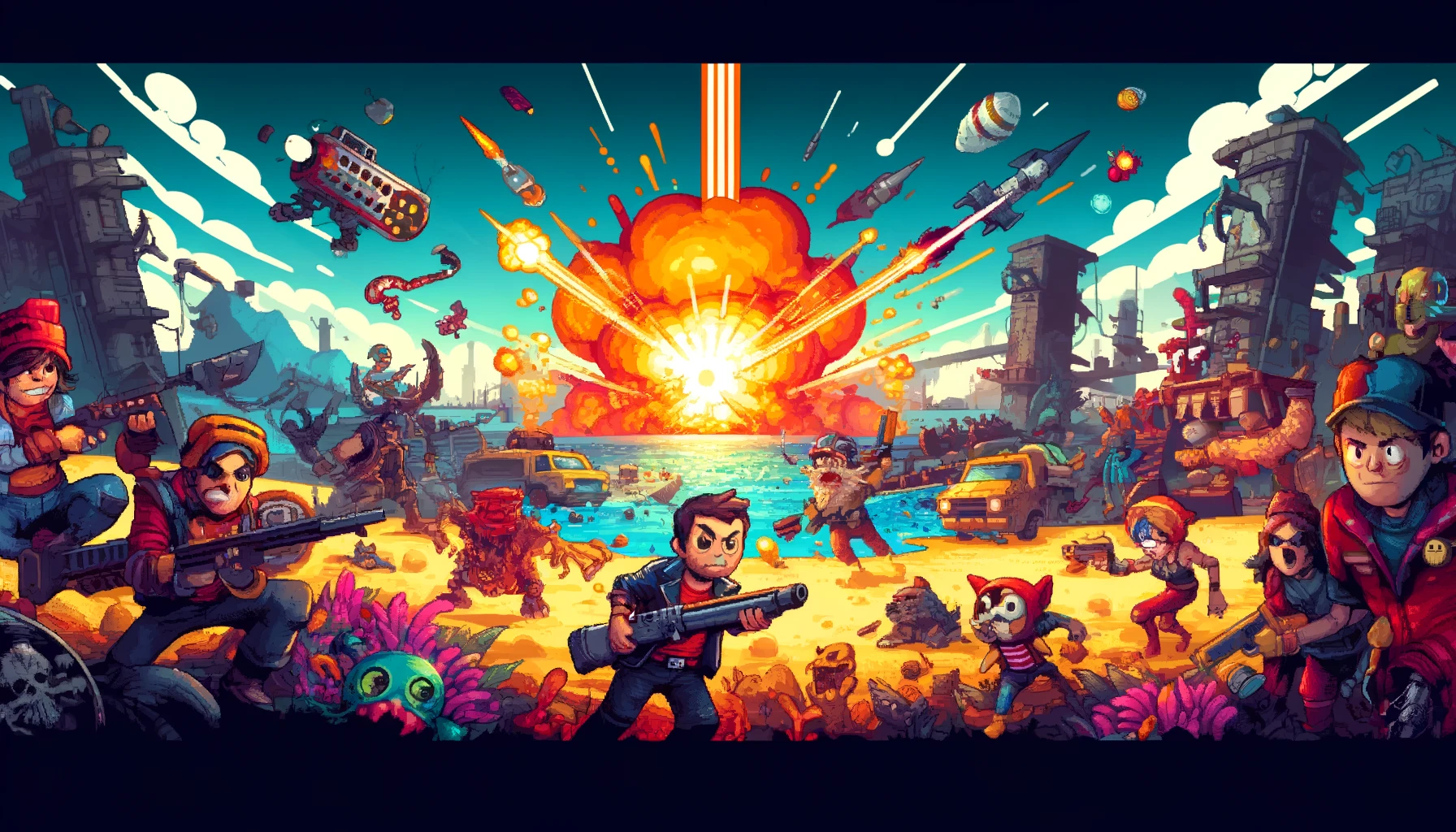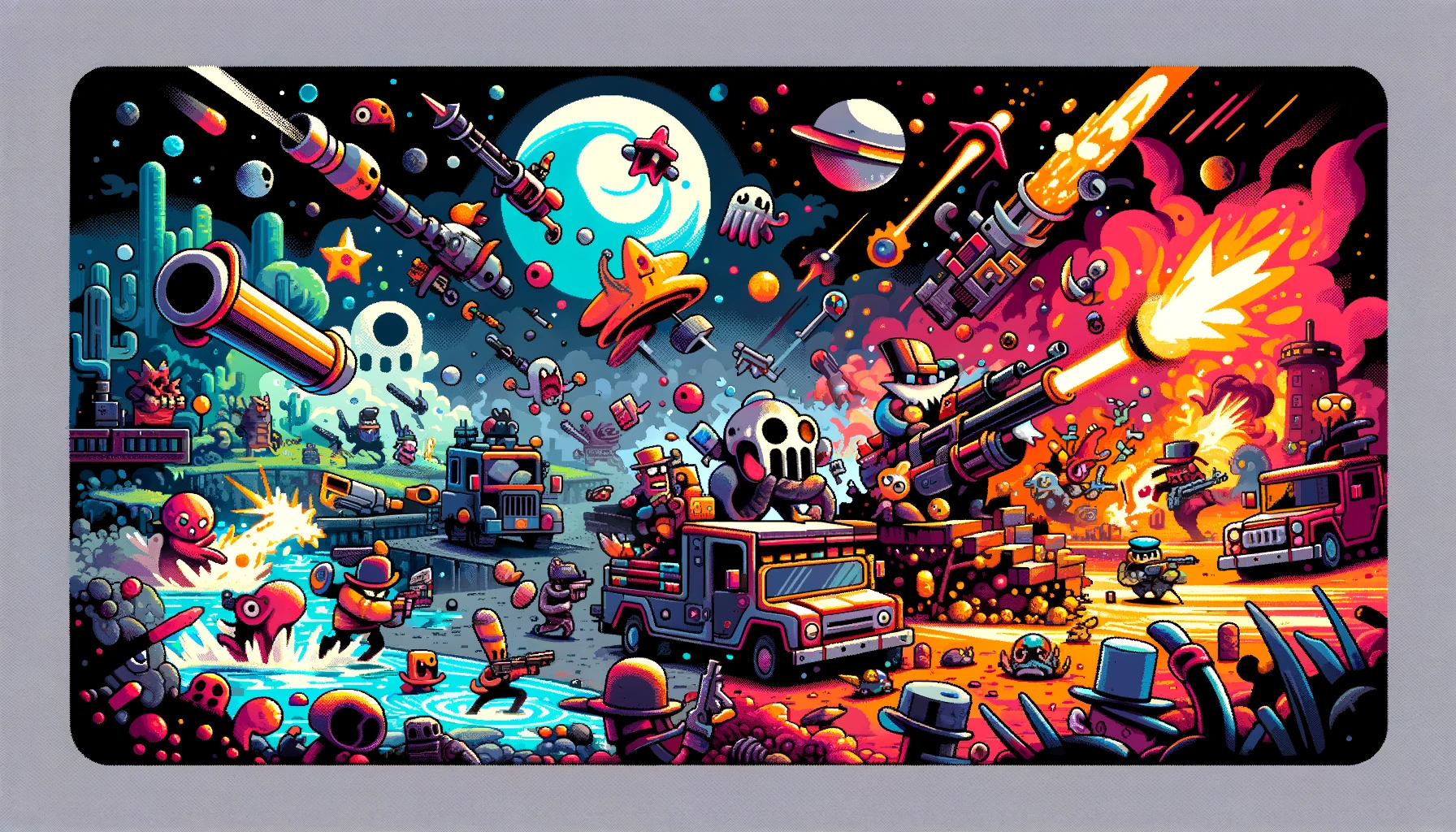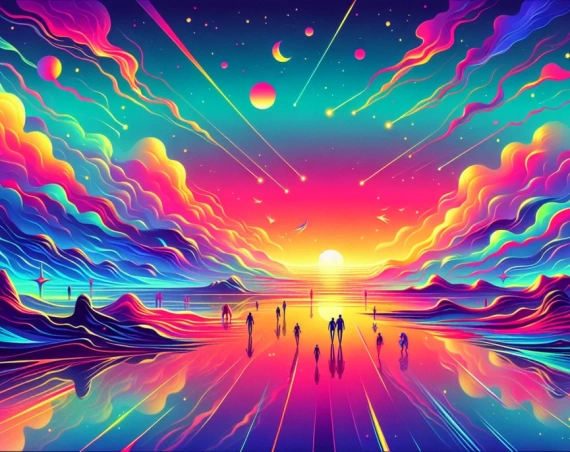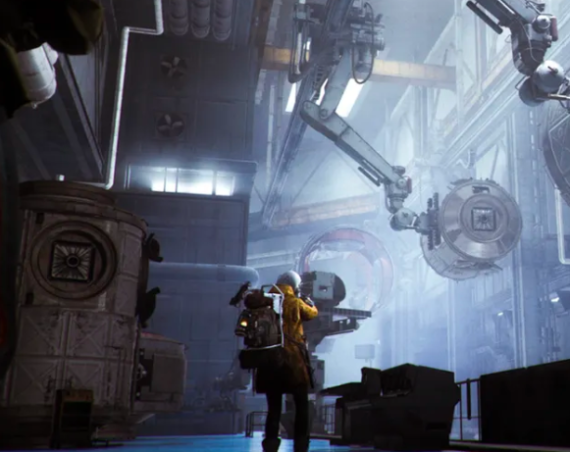
Vlambeer, the renowned indie game studio behind popular titles such as Nuclear Throne, Ridiculous Fishing, Super Crate Box, and Luftrausers, is making headlines once again. Four years after announcing its closure, Vlambeer is back in the spotlight as co-founder Jan Willem Nijman has become its sole owner following Rami Ismail’s decision to sell his shares.
Vlambeer was founded by Nijman and Ismail in 2010, and the studio quickly gained a reputation for creating innovative and addictive games. However, in 2018, the studio announced it was winding down after a successful run, stating that it was time for new things.
In a recent announcement, Nijman revealed that he now owns 100% of Vlambeer and has plans to release some long-awaited projects, including Ultrabugs and an update for Ridiculous Fishing EX. Nijman also expressed his desire to preserve Vlambeer’s classic catalog of releases and continue making indie games with small teams.
Ismail, on the other hand, discussed his reasons for selling his shares on his blog. He stated that while both he and Nijman were happy with their newfound freedom and ability to work independently, they were not fully satisfied with how things ended up. It felt like a strange limbo in which neither of them could commit the time and effort Vlambeer needed to be maintained, but both of them were dependent on each other to take any action.

After discussing what would be best for Vlambeer, Ismail decided to let Nijman buy out his share of the studio. Ismail believes that Nijman’s current work closely aligns with the aesthetics of the studio, and his continued focus on small games fits the brand. Ismail is hopeful that this new situation gives Vlambeer a more sustainable future, even if that ends up being simply a continued hibernation.
As for Ismail, he is excited about his future as a game developer and has some quite different projects spinning up that no longer fit within the aesthetics and brand that Vlambeer has carefully curated over the years. While he won’t have news on any of his exciting game projects anytime soon, he does expect to be able to share some initiatives he’s very passionate about in the nearby future.
In conclusion, Vlambeer is back, and fans of the studio’s classic games can look forward to some long-awaited releases and updates. Nijman is committed to preserving Vlambeer’s legacy and continuing to make indie games with small teams. Ismail, on the other hand, is moving on to new projects that don’t fit within Vlambeer’s brand, but he remains grateful for all the love and support he received during his time at the studio.

